Science has worked out who you shouldn’t bring to a Mars colony. Not surprisingly, astronauts deemed more difficult by their peers should probably stay home.
Researchers at George Mason University in Virginia have run computer simulations of up to 28 years on the Red Planet. Their findings suggest the ideal number of people co-habiting in such a hostile environment would initially be 22.
As for personality types, they conclude in their paper: “Agreeable personality types were assessed to be the most enduring for the long term, whereas neurotics showed least adaptation capacity.”
The study assumed that resources for survival would be supplied and instead used an Agent-Based Modeling (ABM simulation) to analyze human reactions. “Establishing a human settlement on Mars is an incredibly complex engineering problem. The inhospitable nature of the Martian environment requires any habitat to be largely self-sustaining,” the authors write.
“Beyond mining a few basic minerals and water, the colonizers will be dependent on Earth resupply and replenishment of necessities via technological means, i.e., splitting Martian water into oxygen for breathing and hydrogen for fuel,” the paper continues. “Beyond the technical and engineering challenges, future colonists will also face psychological and human behavior challenges. Our goal is to better understand the behavioral and psychological interactions of future Martian colonists through an Agent-Based Modeling (ABM simulation) approach.
The researchers accounted for engineering and technological limitations and drew on research regarding high-performing teams in isolated and high-stress environments such as in submarines, in Arctic exploration, aboard the International Space Station and at war.
To this, they applied what they call four basic personality types to the settlers within the ABM: neurotic; reactive; social; and agreeable.
Interactions between the colonizers with different psychological profiles were modeled at the individual level, while global events such as accidents or delays in Earth resupply affect the colony as a whole.
The researchers report: “From our multiple simulations and scenarios (up to 28 Earth years), we found that an initial population of 22 was the minimum required to maintain a viable colony size over the long run. We also found that the agreeable personality type was the one more likely to survive.
“We find, contrary to other literature, that the minimum number of people with all personality types that can lead to a sustainable settlement is in the tens and not hundreds.”
Summarizing the “MARS-COLONY Agent-Based Model” in relation to the necessary conditions to establish a stable mining colony on Mars, the team writes: “The main focus is on the personality types of colonists selected and how they perform throughout their time on Mars, using their skills to mine minerals and react to random resupply shuttle accidents or habitat disasters.
“The stress caused by accidents, as well as from interacting with other colonists, takes a toll and Agreeable personality types were assessed to be the most enduring for the long term, whereas neurotics showed least adaptation capacity.”
Report by Dean Murray, South West News Service
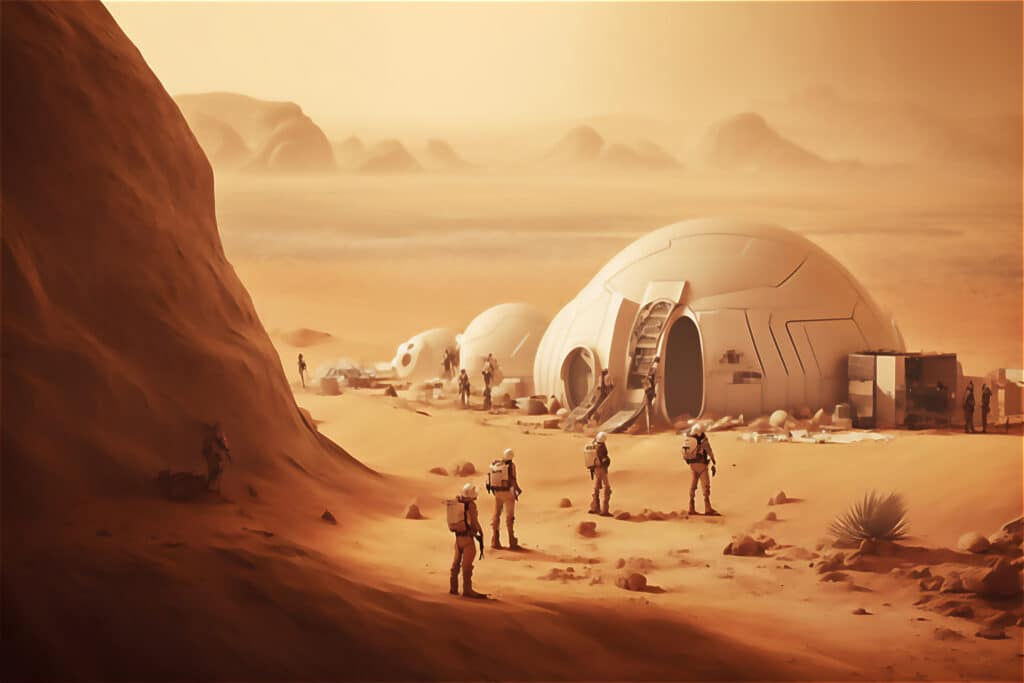
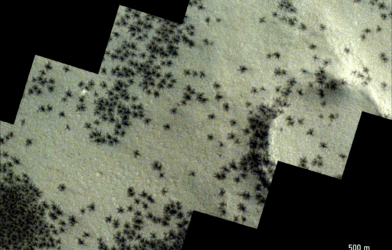
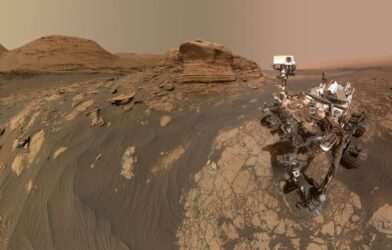
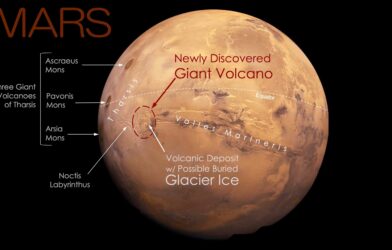
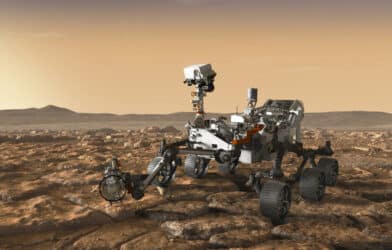
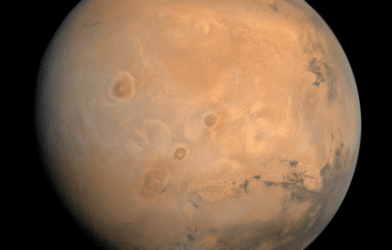
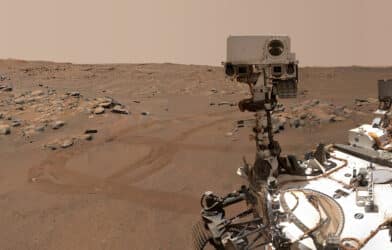
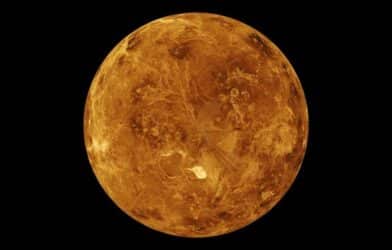
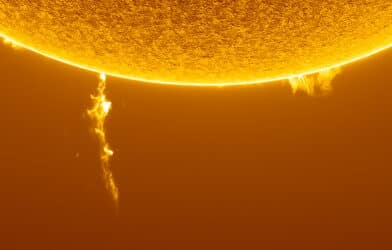
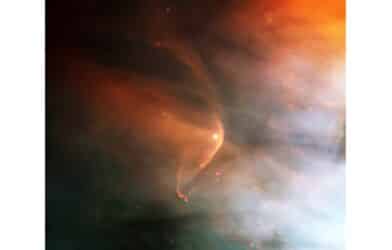

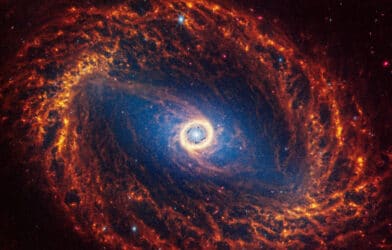
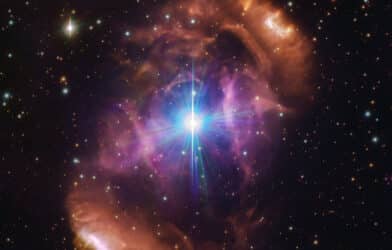
Comments